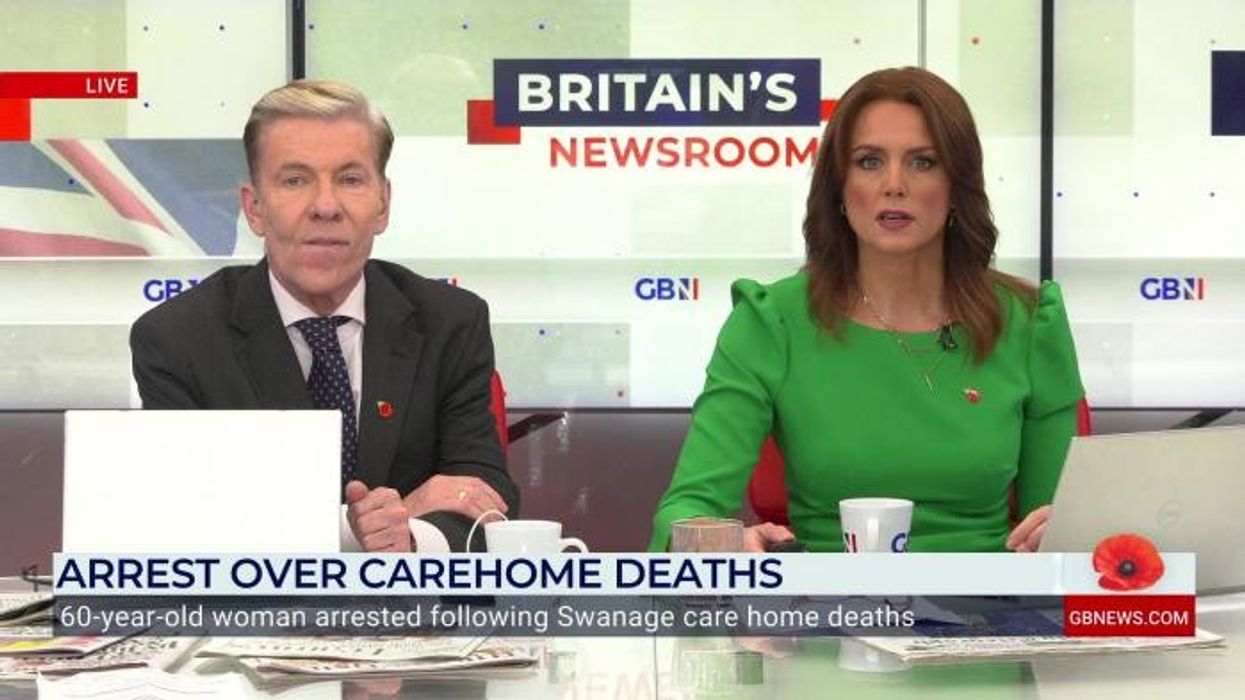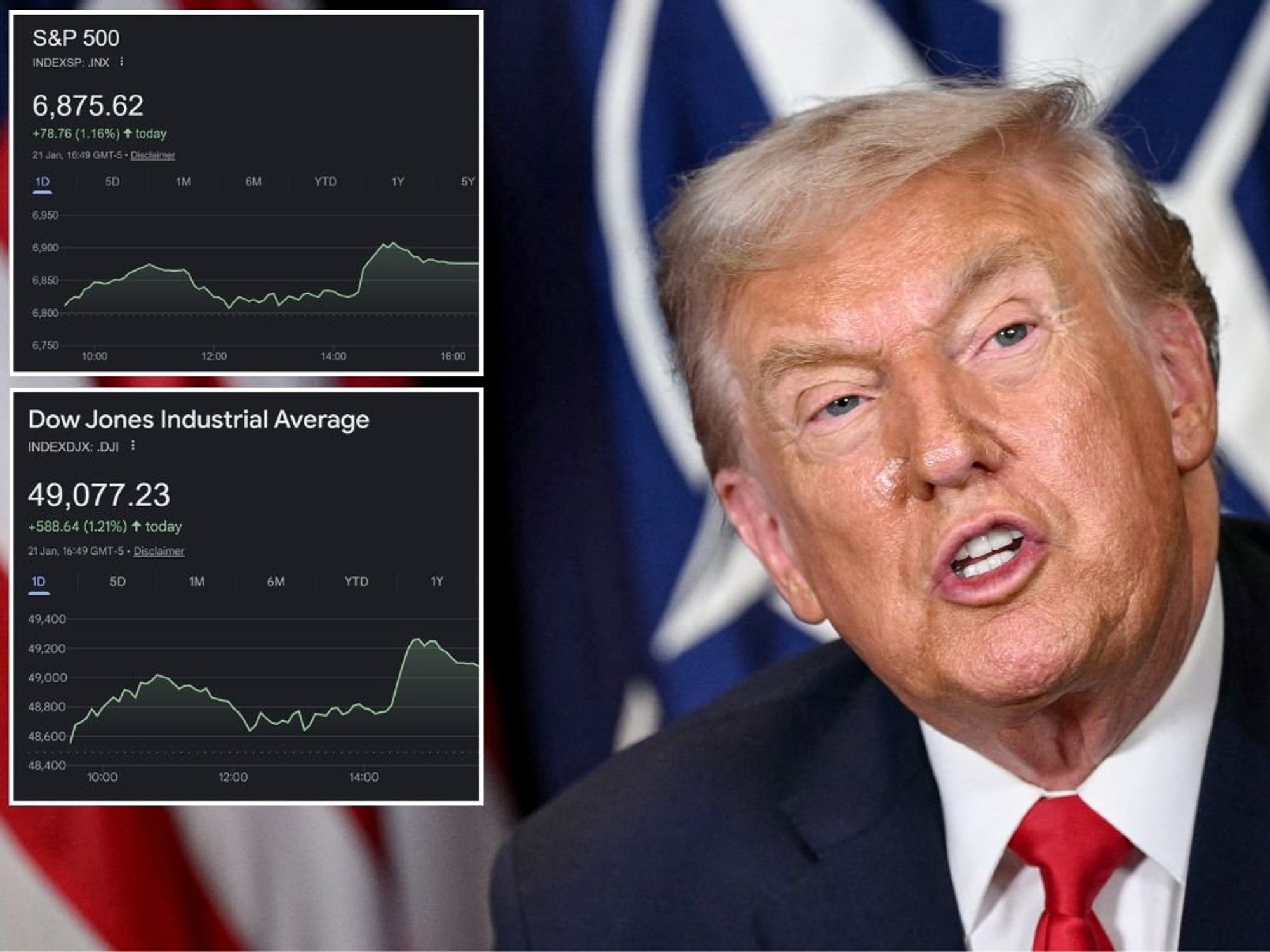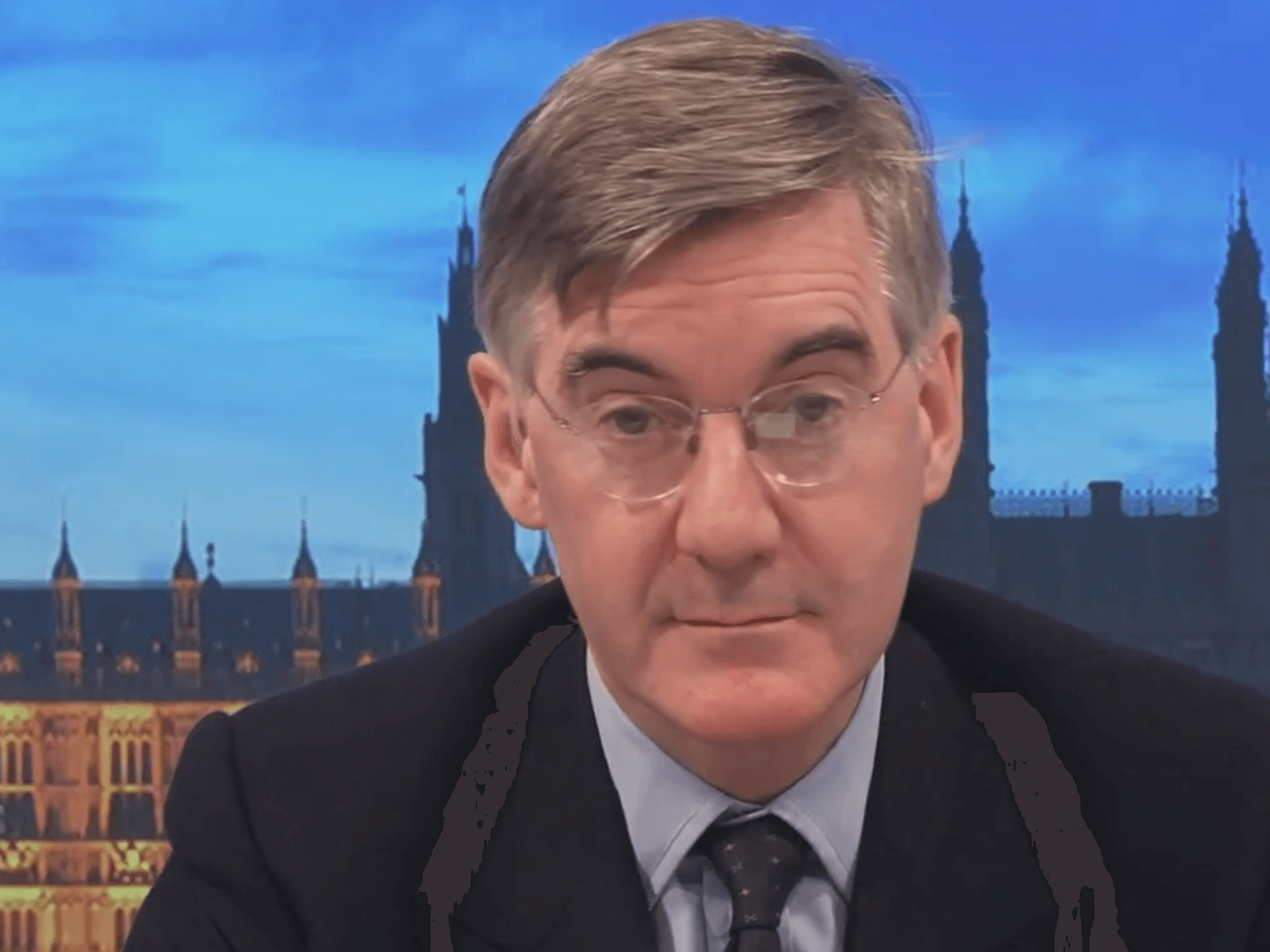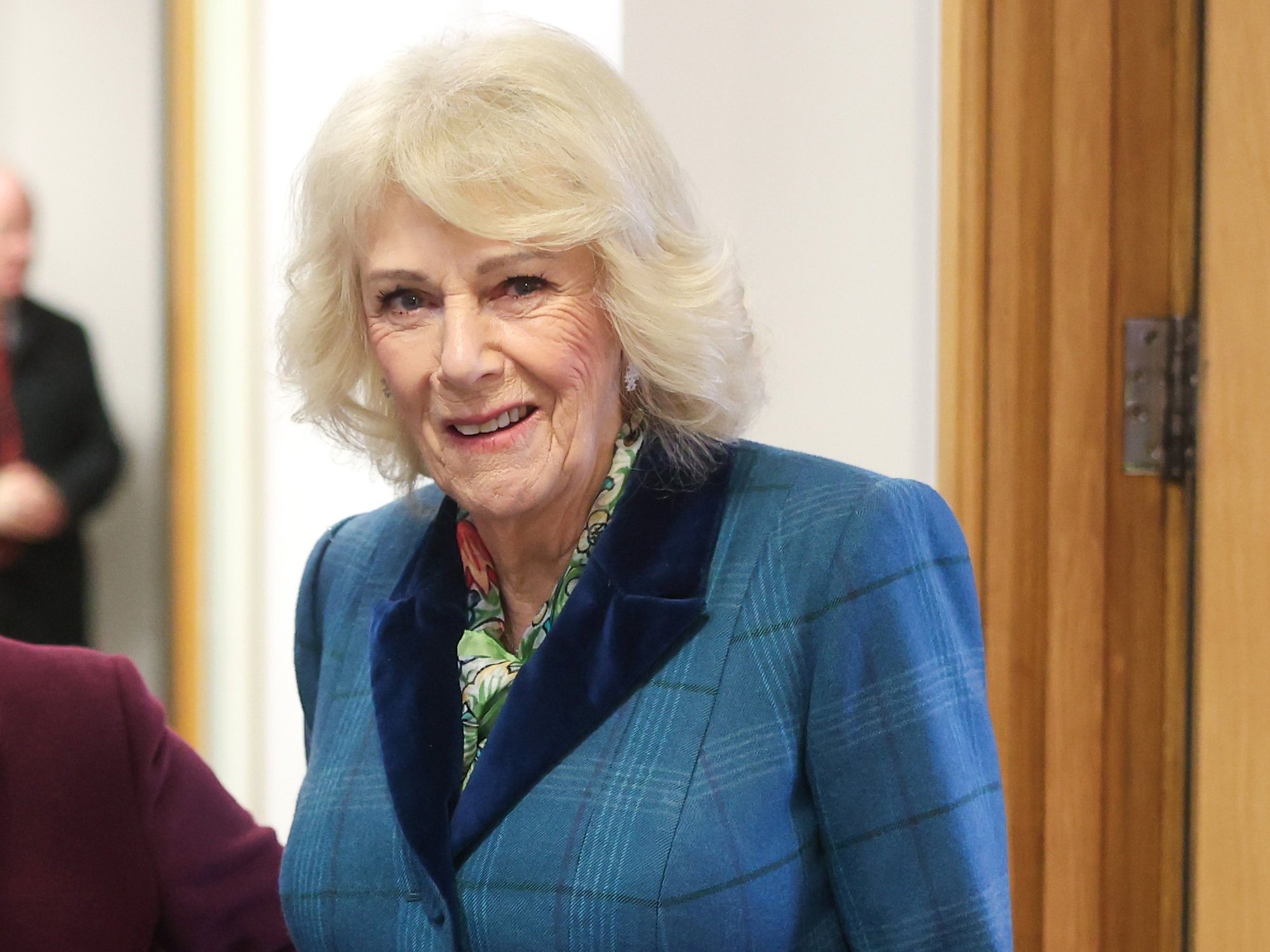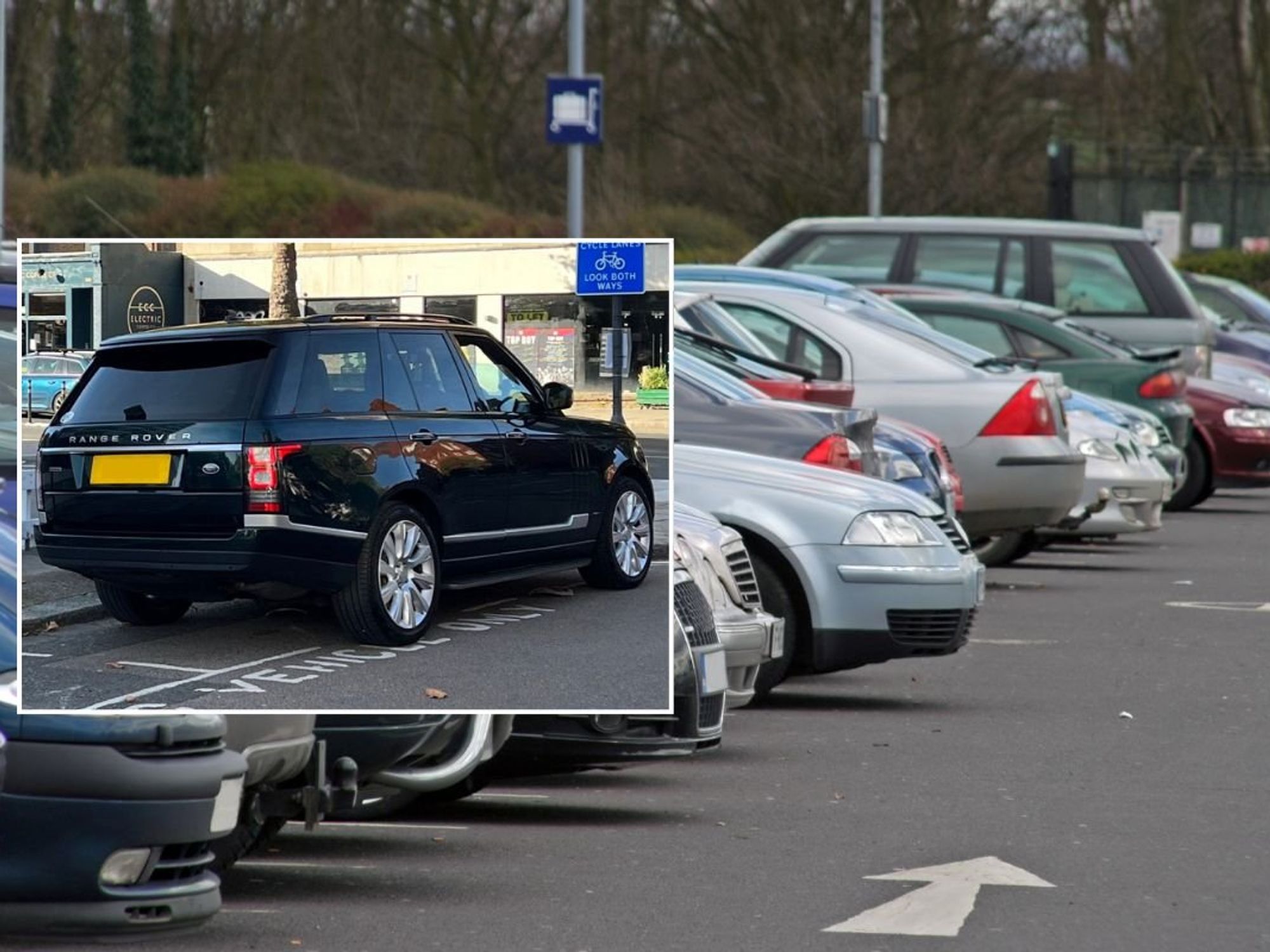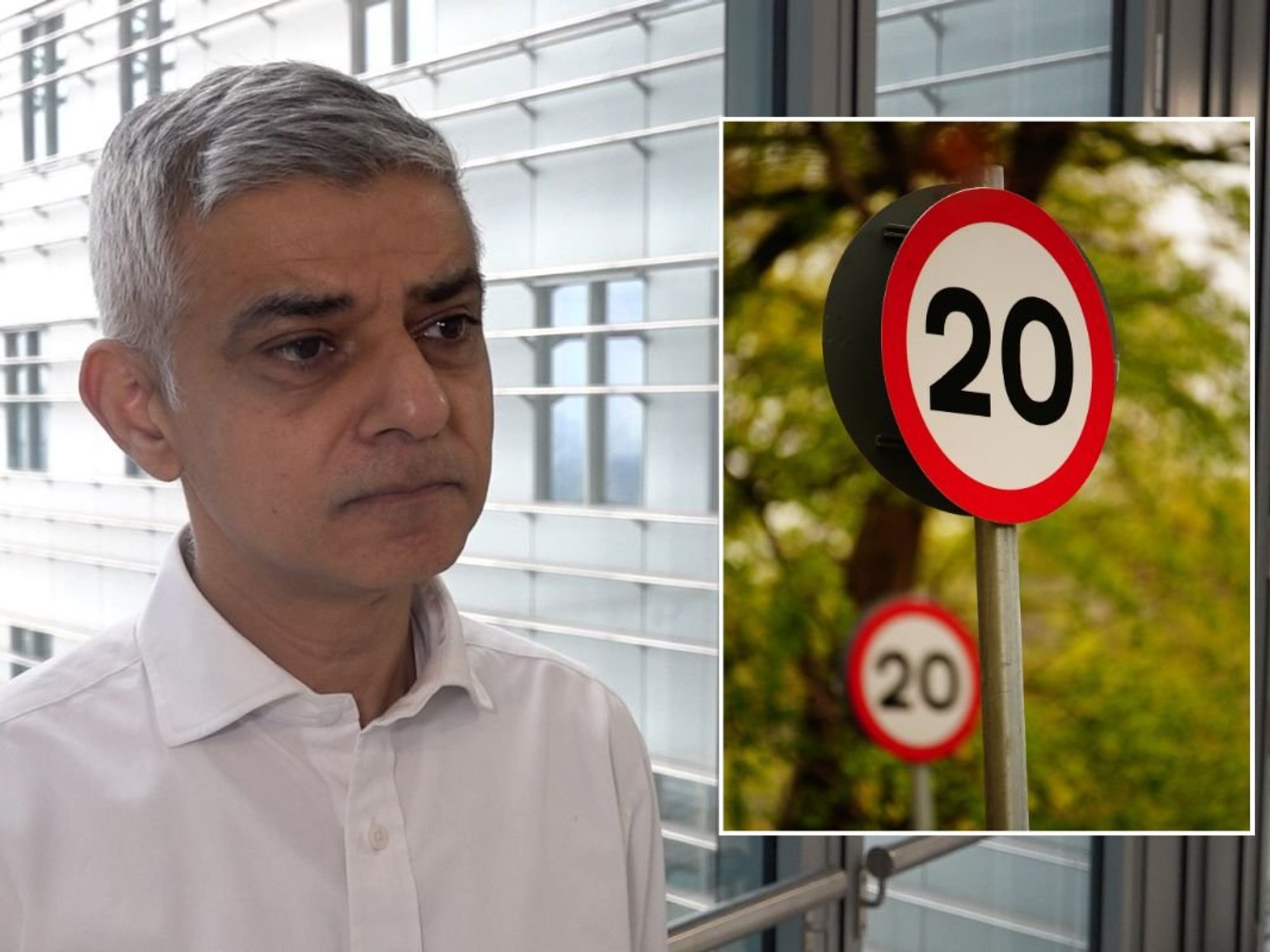Police chiefs issue warning as UK faces mass shortage of firearms officers

A 'toxic and macho culture' in specialist firearms units has also been cited as a deterrent
Don't Miss
Most Read
Latest
Police forces across England and Wales are grappling with a significant shortage of firearms officers, according to the National Police Chiefs Council.
This shortage affects all 43 police forces in the country, with each force reporting vacancies in their firearms units.
The issue has come to the forefront following recent high-profile cases and discussions about the legal protections afforded to armed officers, particularly regarding criminal and misconduct hearings.
They face lengthy investigations and potential time off work, even when adhering to their training.
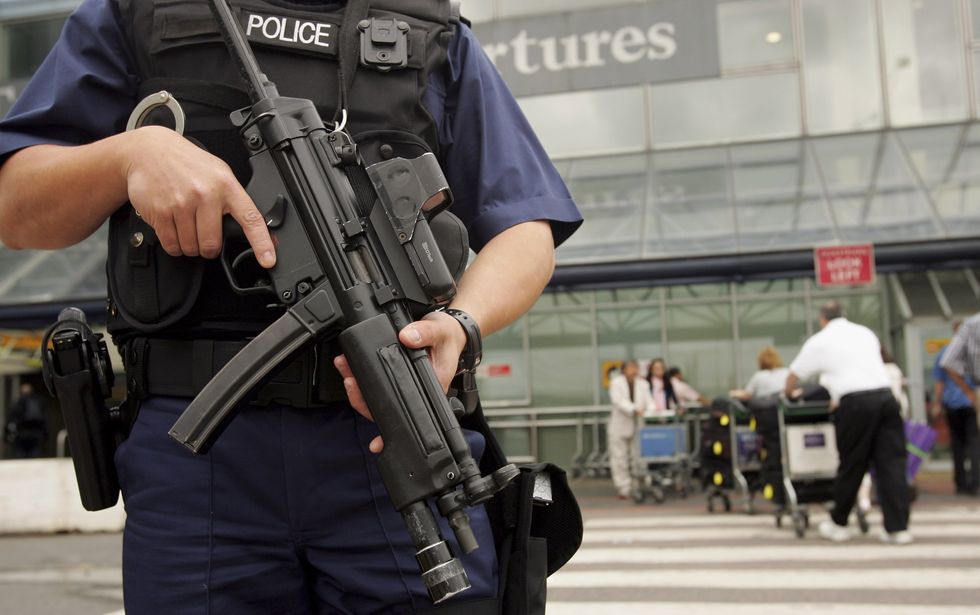 Police chiefs issue warning as UK faces mass shortage of firearms officers |
Police chiefs issue warning as UK faces mass shortage of firearms officers | Getty
A "toxic and macho culture" in specialist firearms units, exposed by the Wayne Couzens scandal, is also deterring officers from joining.
Couzens, a former armed officer, is serving a life sentence for the murder of Sarah Everard.
Currently, there are approximately 3,000 firearms officers nationwide, all of whom volunteer for the role.
While the National Police Chiefs Council assures that there are sufficient numbers to meet legal requirements, policing sources reveal that officers are being forced to cancel annual leave and rest days to maintain coverage.
In response to these challenges, Home Secretary Yvette Cooper has announced several measures to protect firearms officers. These include introducing a presumption of anonymity for officers facing trial for shootings, up until the point of conviction.
Cooper also plans to raise the threshold for prosecuting officers involved in shootings. This aims to make it harder for officers to face criminal charges in such cases.
LATEST DEVELOPMENTS:
- Jenrick demands Premier League drop rapper after ‘poisonous’ comments on Kaba shooting
- Prison escapee still ON THE LOOSE more than 48 hours after jumping fence
- Lawless London worst part of Britain to be hit by crime rates 'driven up' by Airbnb rentals
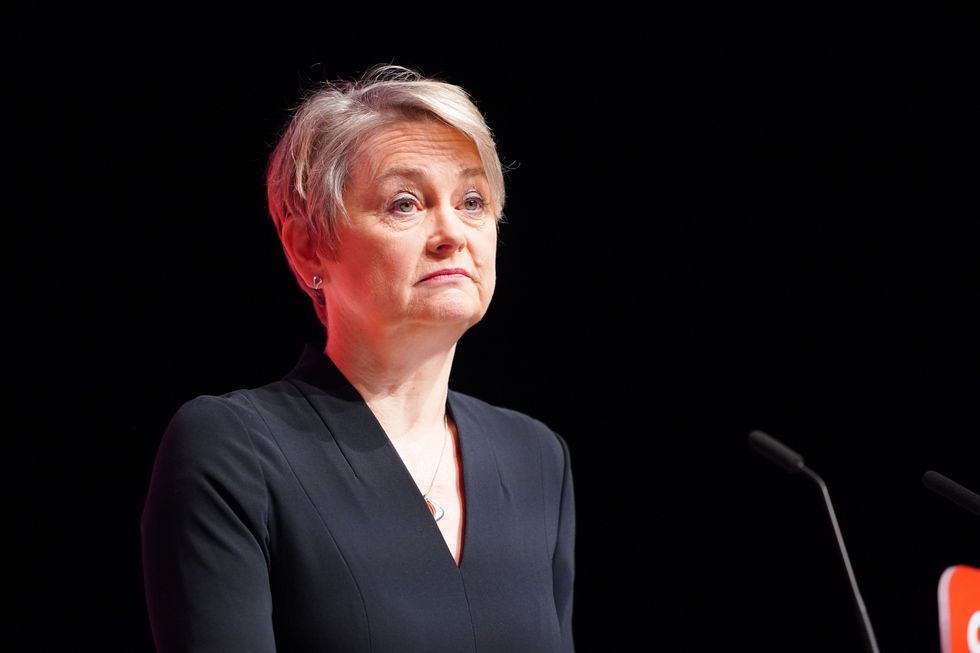
Home Secretary Yvette Cooper has announced several measures to protect firearms officers
| PAAdditionally, the Home Secretary intends to speed up investigation processes for police suspects. This move seeks to prevent officers from facing lengthy suspensions while their actions are under scrutiny.
These changes will be incorporated into Labour's Crime and Policing Bill, expected to be introduced in parliament early next year.
The impact of the firearms officer shortage is being felt across police forces. Officers are being forced to cancel annual leave and rest days to meet deployment requirements.
Police forces were braced for officers to hand in their firearms in the event of a guilty verdict in the Chris Kaba case.
Kaba, 24, was shot through the front windscreen of an Audi Q8 in Streatham, south London, on September 5, 2022.
Martyn Blake, 40, the police firearms officer who fatally shot the 24-year-old, was found not guilty on Monday after a trial at the Old Bailey.
Following Blake's initial charging, dozens of officers handed in their weapons in protest. This led to soldiers being put on standby to protect London.
Similar concerns arose during Blake's trial, with the army again placed on standby over fears of mass resignations in the event of a conviction.
However, these concerns did not materialise after Blake's acquittal. A policing source stated: "In the event of a guilty [outcome] we were expecting a significant handing in of tickets. That hasn't happened at all, even at the Met."
Cooper announced that she would change the law to introduce a presumption of anonymity up until the point of a conviction for firearms officers accused of shooting a suspect.
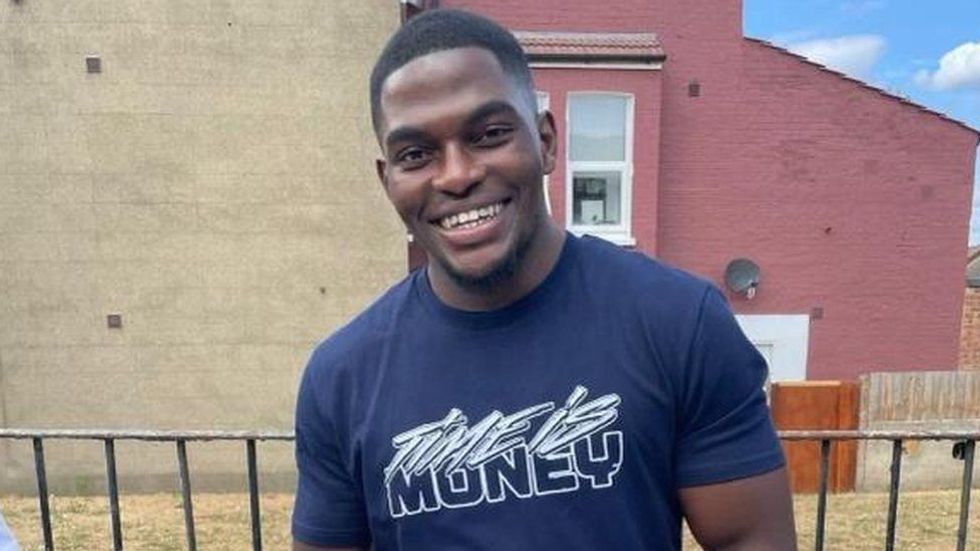 Chris Kaba was shot once in the head in September 2022 | PA
Chris Kaba was shot once in the head in September 2022 | PAIt was one of several requests made by Sir Mark Rowley after a £10,000 bounty was placed on Blake's head in revenge for the shooting.
Cooper told MPs on Wednesday: “When officers act in the most dangerous situations on behalf of the state it is vital that those officers and their families are not put in further danger during any subsequent legal proceedings, so we will therefore introduce a presumption of anonymity for firearms officers subject to criminal trial following a police shooting in the course of their professional duties, up to the point of conviction.”


